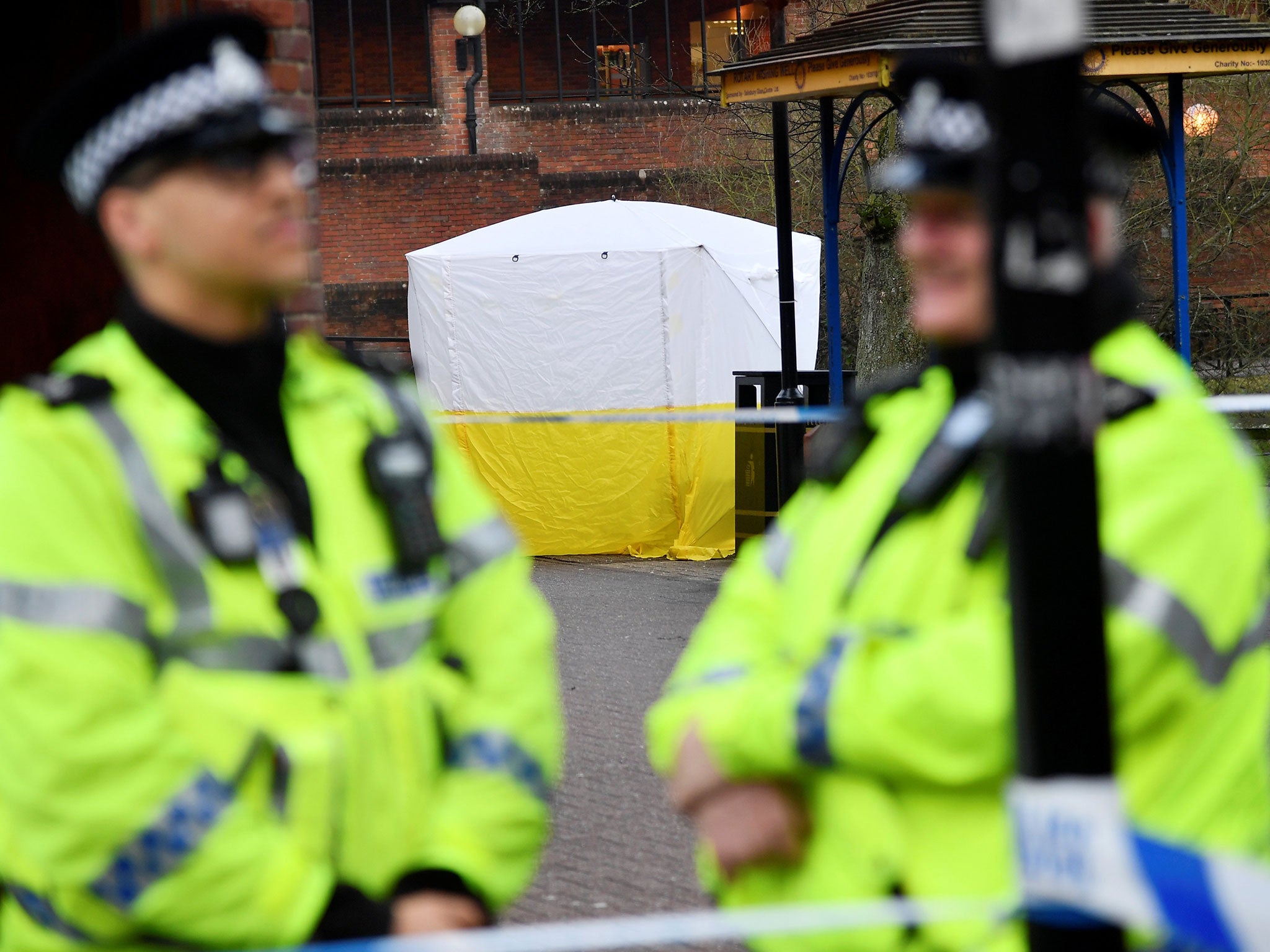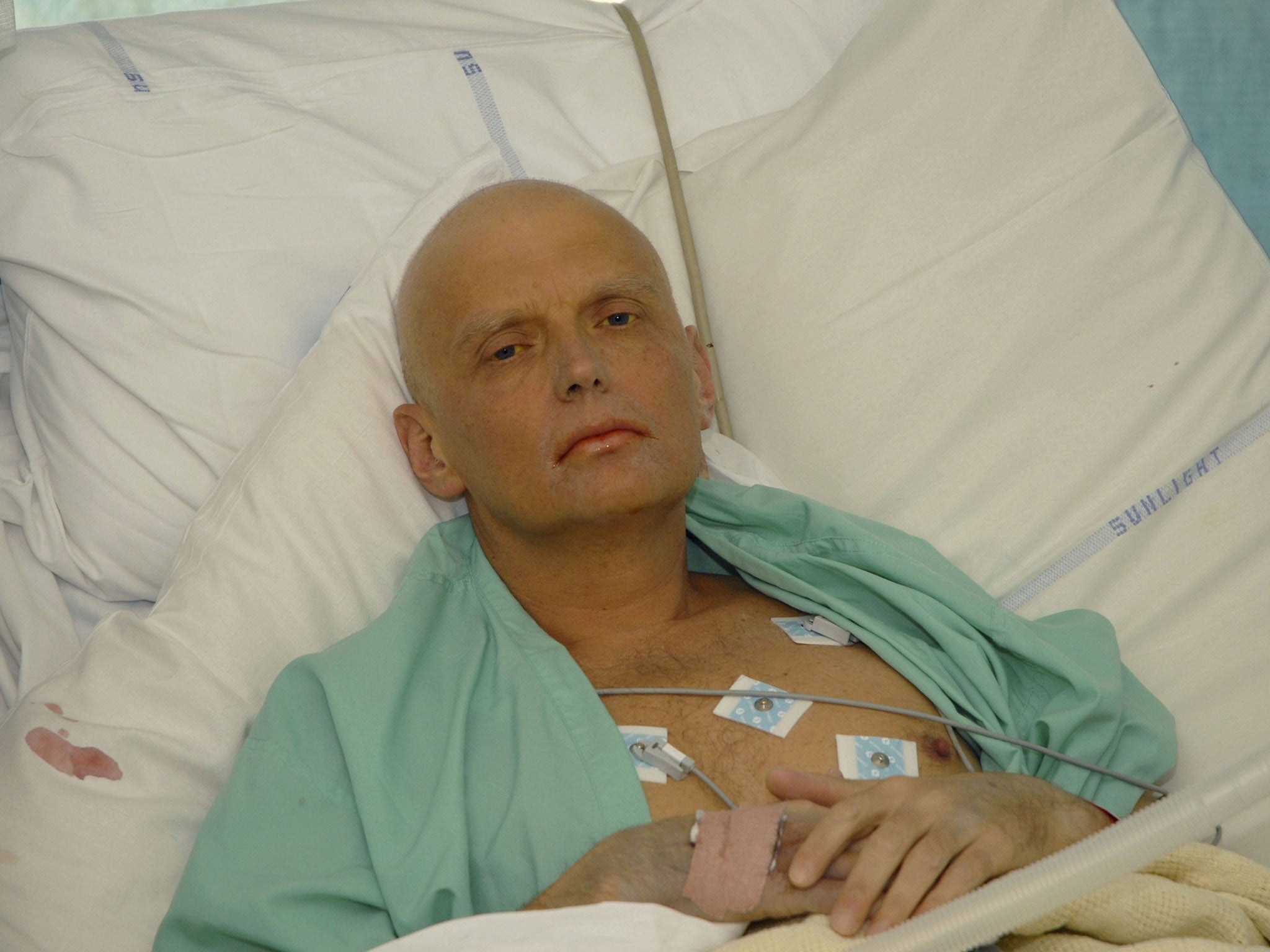Sergei Skripal: UK counter-terror police helping investigation into suspected poisoning of former Russian spy
'We have to be alive to the fact of state threats', says Britain’s top counter-terror officer
British counter-terrorism police are helping the investigation into the suspected poisoning of former Russian double agent Sergei Skripal, the country's top counter-terror officer has said.
“It’s a very unusual case and the critical thing is to get to the bottom of what’s caused these illnesses as quickly as possible,” Mark Rowley, the Metropolitan Police assistant commissioner, told BBC radio.
“If necessary we will bring that investigation into the counter-terrorism network. We’re doing all the things you would expect us to do, we’re speaking to witnesses, we’re taking forensic samples at the scene, we’re doing toxicology work and that will help us to get to an answer. I can’t say any more at this stage.”
When asked about a series of suspicious Russian-linked deaths in Britain, Mr Rowley said: "We have to remember: Russian exiles aren't immortal, they do all die and there can be a tendency to conspiracy theories. But likewise we have to be alive to the fact of state threats," before referring to the murder of Alexander Litvinenko.
Mr Skripal, 66, was found unconscious on a bench in a shopping centre on Sunday in Salisbury after exposure to what police said was an "unknown substance".
He was with a 33-year-old woman who was known to him.
Both were critically ill in intensive care.

"They are currently being treated for suspected exposure to an unknown substance. Both are currently in a critical condition in intensive care," Wiltshire Police said in a statement.
A Zizzi restaurant in Salisbury was also closed "as a precaution" in connection with the incident.
Public Health England said it had only limited information about the patients, but there "doesn't appear to be any further immediate risk to public health."
"PHE understands that those exposed to the substances have been decontaminated," the health agency said in a statement.
The Kremlin has said Russia had not been approached by British authorities to help the investigation.
Dmitry Peskov, a spokesman for the Russian President, Vladimir Putin, said: "Moscow is always ready to cooperate."

The incident has been compared to that of Mr Litvinenko, a former KGB agent who became an outspoken critic of Mr Putin before being poisoned with radioactive polonium-210 in London in 2006.
An investigation said Mr Putin probably approved the murder. The Kremlin has repeatedly denied any involvement in the killing.
Bookmark popover
Removed from bookmarks